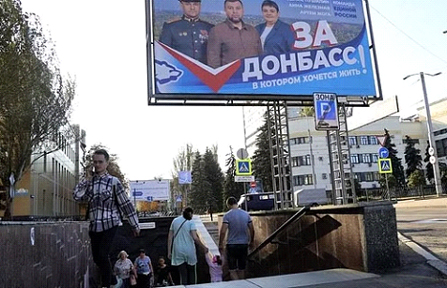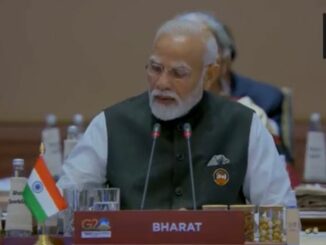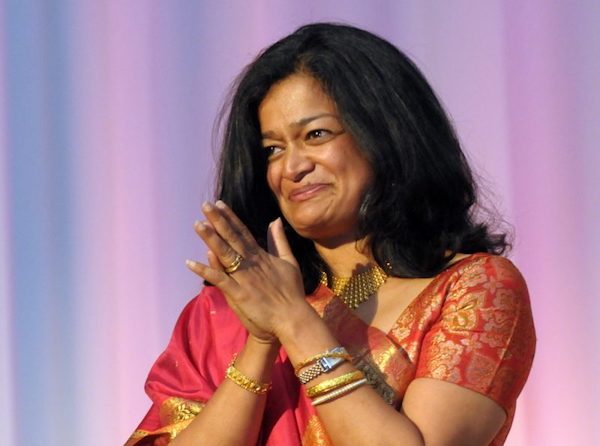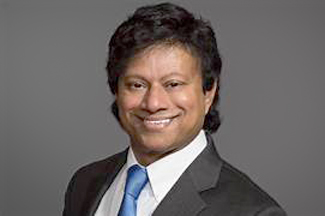
TALLINN (TIP): Russian authorities are holding local elections this weekend in occupied parts of Ukraine in an effort to tighten their grip on territories Moscow illegally annexed a year ago and still does not fully control. The voting for Russian-installed legislatures in the Donetsk, Luhansk, Kherson and Zaporizhzhia regions begins on September 8 and concludes Sunday. It has already been denounced by Kyiv and the West.
“It constitutes a flagrant violation of international law, which Russia continues to disregard,” the Council of Europe, the continent’s foremost human rights body, said this week.
Kyiv echoed that sentiment, with the parliament saying in a statement that the balloting in areas where Russia “conducts active hostilities” poses a threat to Ukrainian lives. Lawmakers urged other countries not to recognize the results of the vote.
For Russia, it is important to go on with the voting to maintain the illusion of normalcy, despite the fact that the Kremlin does not have full control over the annexed regions, political analyst Abbas Gallyamov said. “The Russian authorities are trying hard to pretend that everything is going according to plan, everything is fine. And if everything is going according to plan, then the political process should go according to plan,” said Gallyamov, who worked as a speechwriter for Russian President Vladimir Putin when Putin served as prime minister.
Voters are supposed to elect regional legislatures, which in turn will appoint regional governors. In the Donetsk and Luhansk provinces, thousands of candidates are also competing for seats on dozens of local councils.
The balloting is scheduled for the same weekend as other local elections in Russia. In the occupied regions, early voting kicked off last week as election officials went door to door or set up makeshift polling stations in public places to attract passersby.
The main contender in the election is United Russia, the Putin-loyal party that dominates Russian politics, although other parties, such as the Communist Party or the nationalist Liberal Democratic Party, are also on the ballots.
For some residents of the Donetsk and Luhansk regions, large swaths of which have been held by Russian-backed separatists since 2014, there is nothing unusual about the vote. (AP)





Be the first to comment